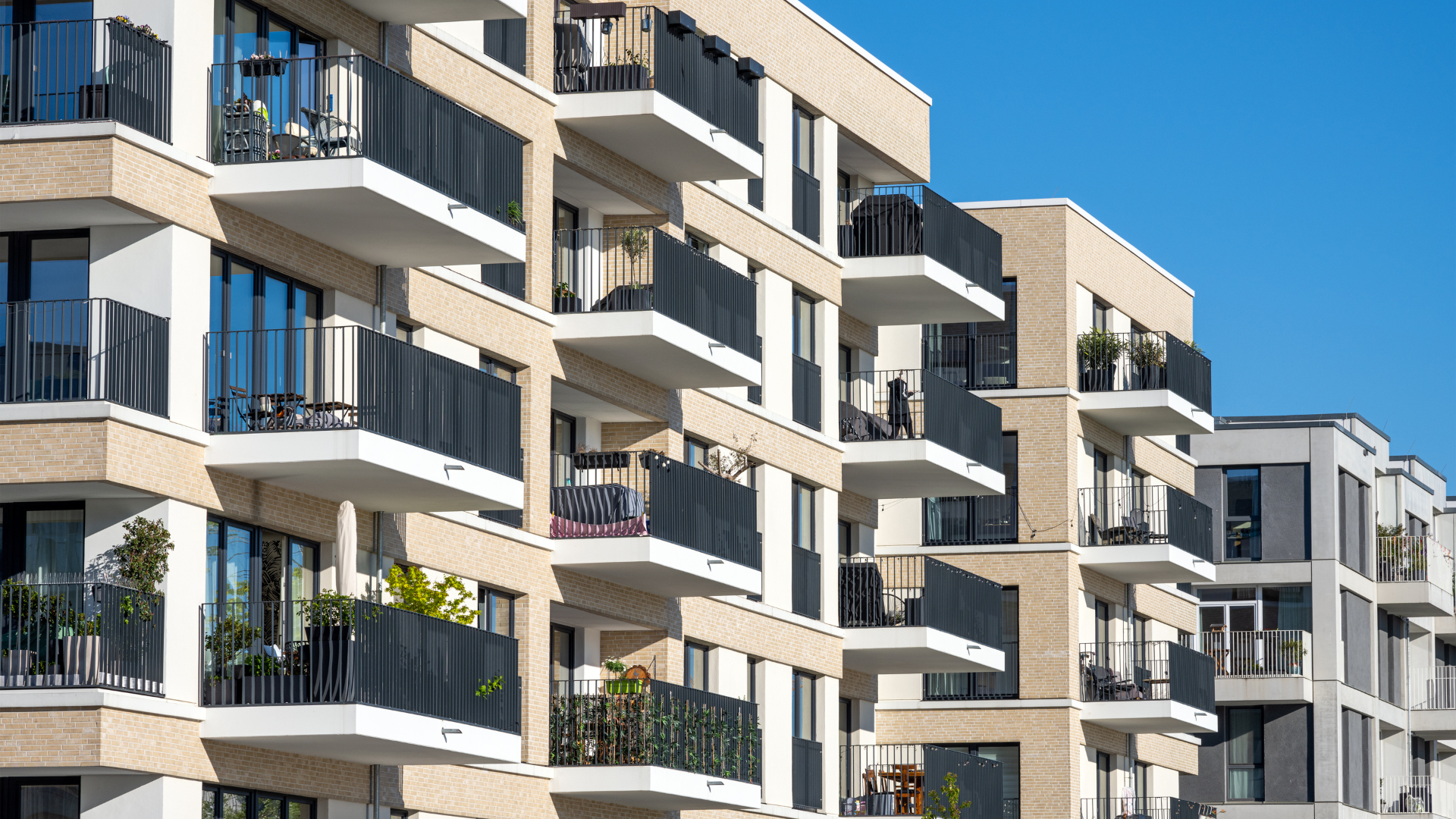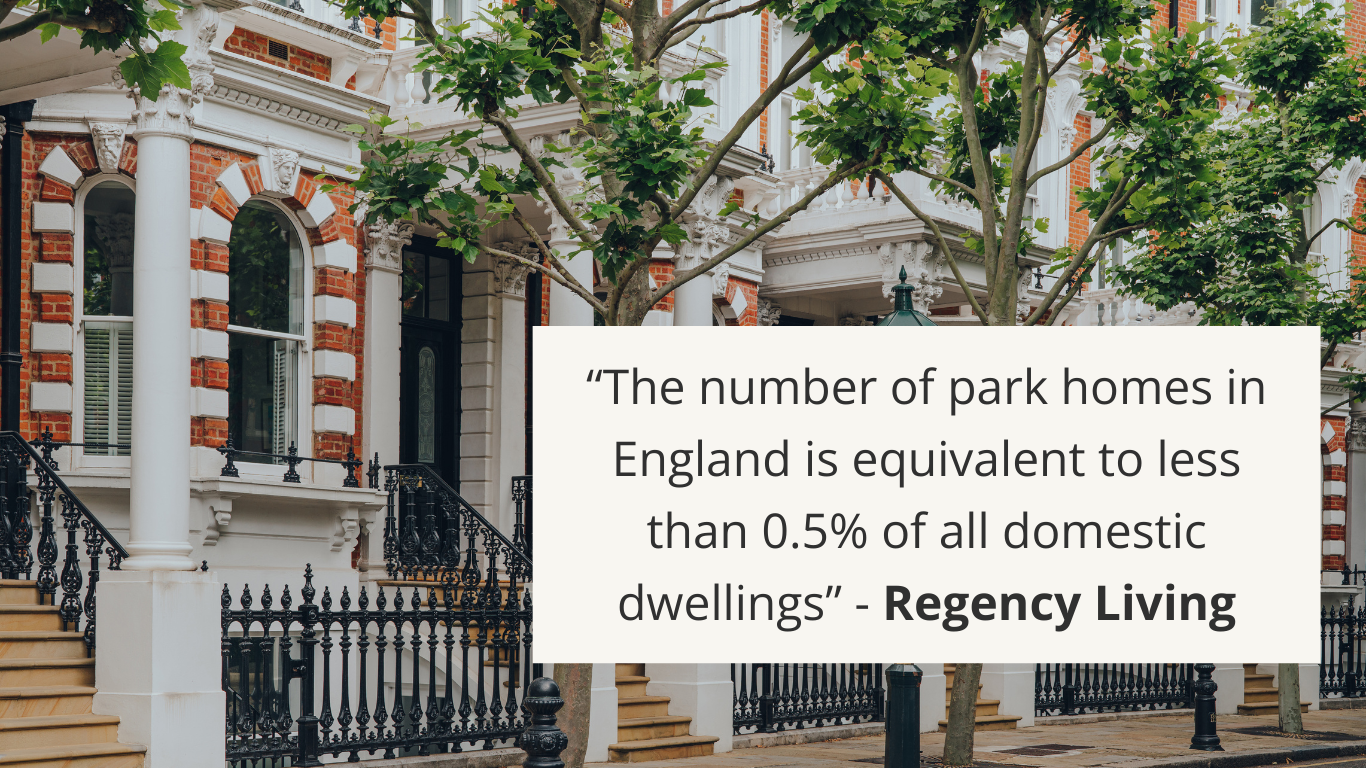
We are currently living in a time of international crisis. The Coronavirus pandemic is sweeping the globe and affecting the lives of anyone and everyone in its wake. Our high streets are closed, our hospitals are overcrowded, and a deafening silence has fallen over most of the country – and indeed the world.
We are all afraid of what damage COVID-19 may do to ourselves and our loved ones. But in the midst of such turmoil, it is crucially important to consider how the most vulnerable in our society will fare.
Asylum seekers are among those who are to be most brutally hit by the virus. This is primarily due to the low level of support and care which they are given whilst they are resident in the country, which has left many migrant families in destitution. At the time of writing, asylum seekers are given £37.75 per person per week by the government – and as they are legally prohibited from both working and accessing mainstream benefits, this is the only form of financial support they receive. As one would imagine, food poverty is a pressing concern; a study from the Red Cross found that 66% of participants reported experiencing hunger which they were unable to satisfy every week – and 23% were left hungry every day of the week. While some were able to rely on support networks such as charities and friends, in many cases this was still not enough to stave off hunger. Further to this, with many charities closing their facilities due to social distancing measures, asylum seekers will now be without this vital form of support.
Not only do asylum seekers struggle to stay well-fed, but they are also forced to live in hugely unpleasant conditions. One example of many comes from a married couple and their three-year-old child, who lives in a converted basement underneath a multiple occupancy house. Inspectors were told by the family that they were living with poor ventilation, damp, a water leak and noise from the house above them. Moreover, the child had developed health issues as a direct result of the lack of ventilation and the damp. Sadly this is typical of the accommodation provided to asylum-seekers, with a majority of residences filthy, cramped and unsuitable for the families assigned to them.
Asylum seekers suffering from low-living standards such as these are understandably at an increased risk of falling ill. Despite access to healthcare being a universal human right, there are nevertheless complications for asylum seekers without Indefinite Leave to Remain who need help from the NHS. A recent Equalities and Human Rights Commission (EHRC) report found that many who have sought asylum in the UK go without the healthcare which they need. New upfront charges for healthcare have been one of the major deterrents for asylum seekers, as their level of poverty restricts them from being able to afford the necessary prescriptions and treatments.
Considering all of the struggles which asylum seekers face, it is extremely troubling to think of the potential toll that Coronavirus may exact on migrant families both in the UK and across the globe. It is possible that many of those who are living in damp accommodation (such as the family mentioned above) already suffer from some sort of respiratory affliction, and for these people, in particular, the risk the disease poses is very real.
Even if they should contract Coronavirus, it is likely that many will avoid the hospital through fear of becoming even more destitute than they already are. If unnecessary deaths such as these are to be avoided, the government must take swift action to protect the most vulnerable members of our society from this invisible killer. It is understandable that at present the country is under immense pressure to ensure the safety of its residents, but it is paramount that we do not forget our humanity in this time of crisis, and that support is given to those in the most helpless of circumstances.
Harry Sanders is a content writer for the Immigration Advice Service, an organisation of immigration solicitors/attorneys.









Comment